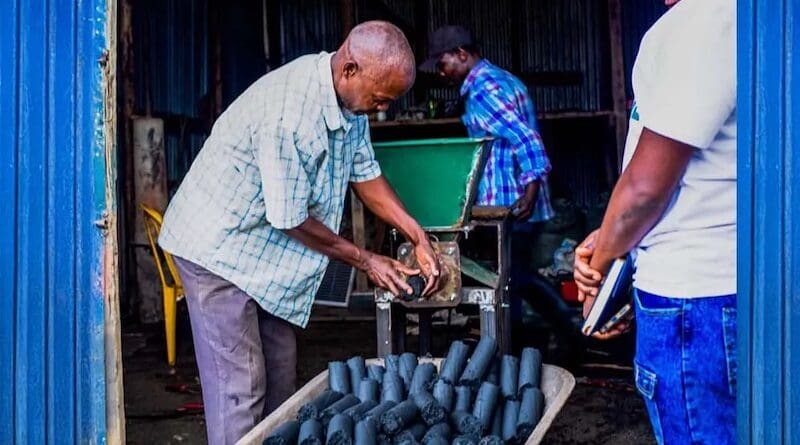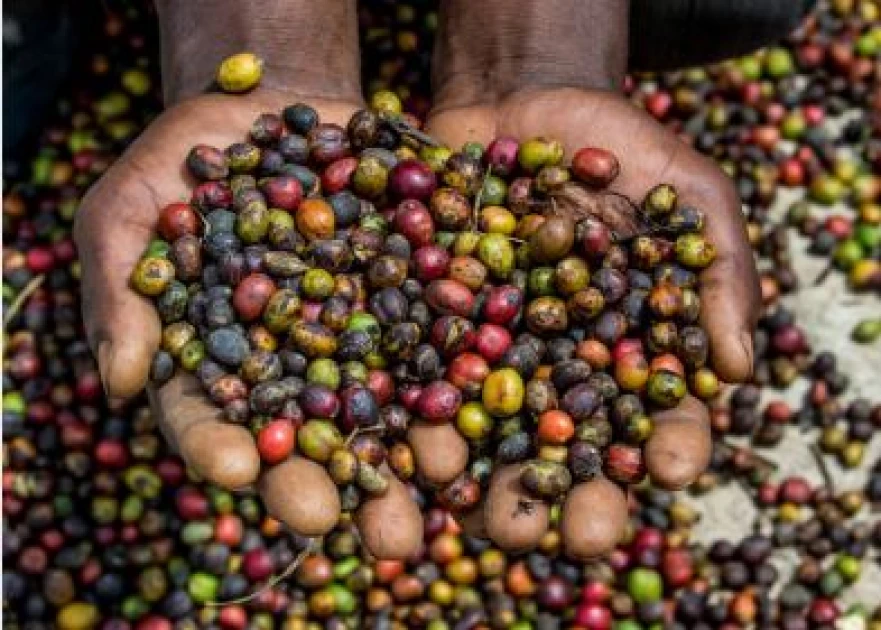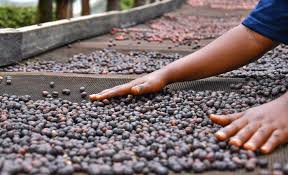In the heart of Uganda’s Kyaka II refugee settlement, an inspiring transformation is underway. What was once food waste—banana peels, maize cobs, and sawdust—is now powering kitchens, preserving forests, and providing hope to thousands of displaced people.
Thanks to an initiative called Live in Green, founded by Congolese refugee Solomon Bhaghabhonerano, refugees are producing eco-friendly cooking briquettes that are changing lives.
In a place where firewood and charcoal have long been the only options for cooking, this innovation offers a sustainable alternative. Every day, tonnes of organic waste are collected, processed, and compressed into briquettes that burn longer, produce less smoke, and reduce the need to cut down trees.
“We used to depend on cutting trees for firewood,” Bhaghabhonerano recalls. “Now we’re turning waste into energy—and it’s changing everything.”
Briquettes are not only cleaner but also cheaper in the long run. Refugees like Amina, a mother of four in Kyaka II, say the change has been life-saving.
“With prices rising and our aid money shrinking, I needed something that lasts longer,” she said. “The briquettes cook our meals and save us money.”
Once skeptical about their lighting and cost, many users now embrace the briquettes because they are efficient and reduce household smoke—a major health risk in rural kitchens.
Bhaghabhonerano, who arrived at the camp 25 years ago, has seen firsthand how deforestation has worsened living conditions.
“Back then, this place was full of trees,” he said. “But as more refugees came, we cleared the land for survival—now we’re trying to restore it.”
In addition to making briquettes, Live in Green also manages tree nurseries, builds fuel-efficient cookstoves, and creates green jobs for youth and women in the community. These efforts are helping reduce deforestation and provide employment for many of the camp’s 130,000+ residents.
In June, London-based climate charity Ashden awarded £25,000 to Live in Green—part of a larger £270,000 funding package for refugee-led clean energy projects across East Africa.
“What really impressed us was their scale and impact,” said Isona Shibata, Ashden’s Head of International Programmes. “They’re producing tonnes of briquettes daily and building a clean energy ecosystem from the ground up.”
This funding is helping the project expand production, refine stove designs, and even explore international markets.
While the environmental and social impact has been widely praised, experts are urging a balanced approach.
Cecilia Nalwadda, a research officer at Uganda’s National Academy of Sciences, warned that turning organic waste into fuel must not come at the expense of soil health.
“We need to make sure composting for briquettes doesn’t strip the soil of essential nutrients,” she said.
Live in Green says it is aware of this concern and is integrating reforestation and sustainable waste management practices to protect both the environment and the land.
With over 1.7 million refugees in Uganda, mostly women and children, sustainable solutions like this one offer dignity, income, and hope—while tackling climate change and energy poverty head-on.
“The future of clean energy is not just in cities or corporations—it’s in refugee camps, built by people like Solomon,” Shibata said.



